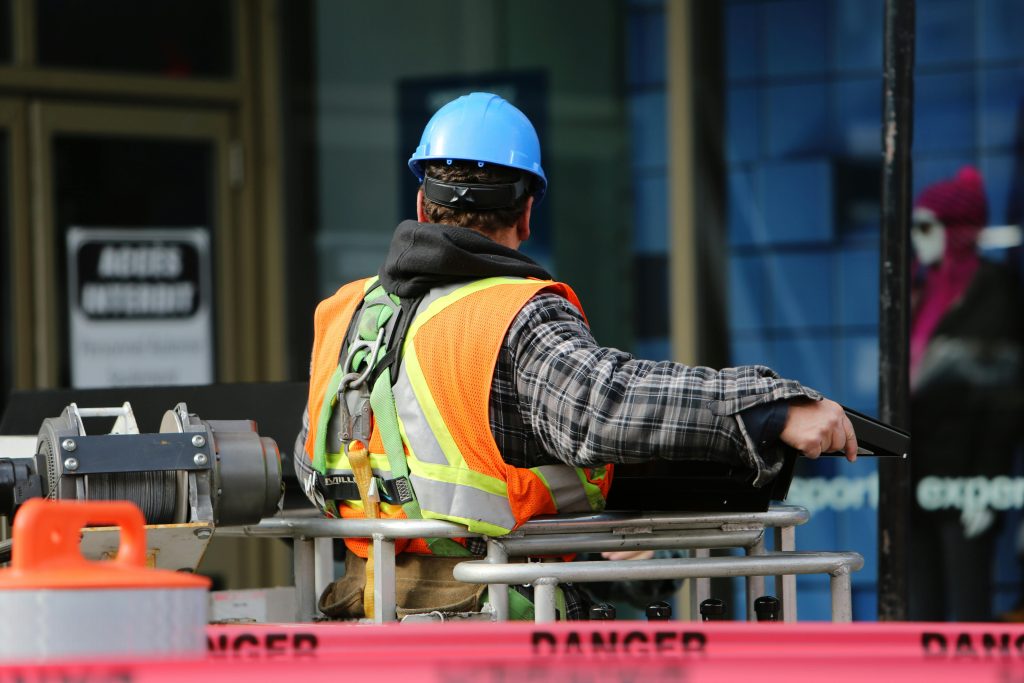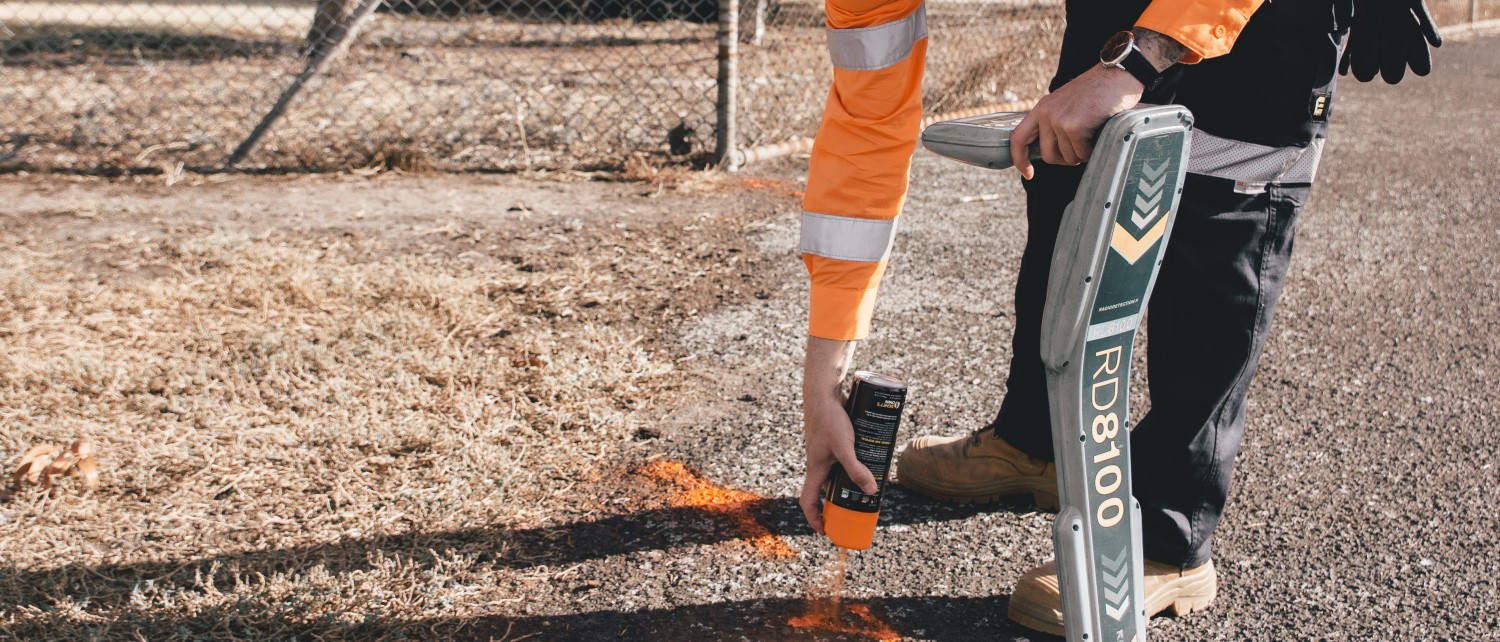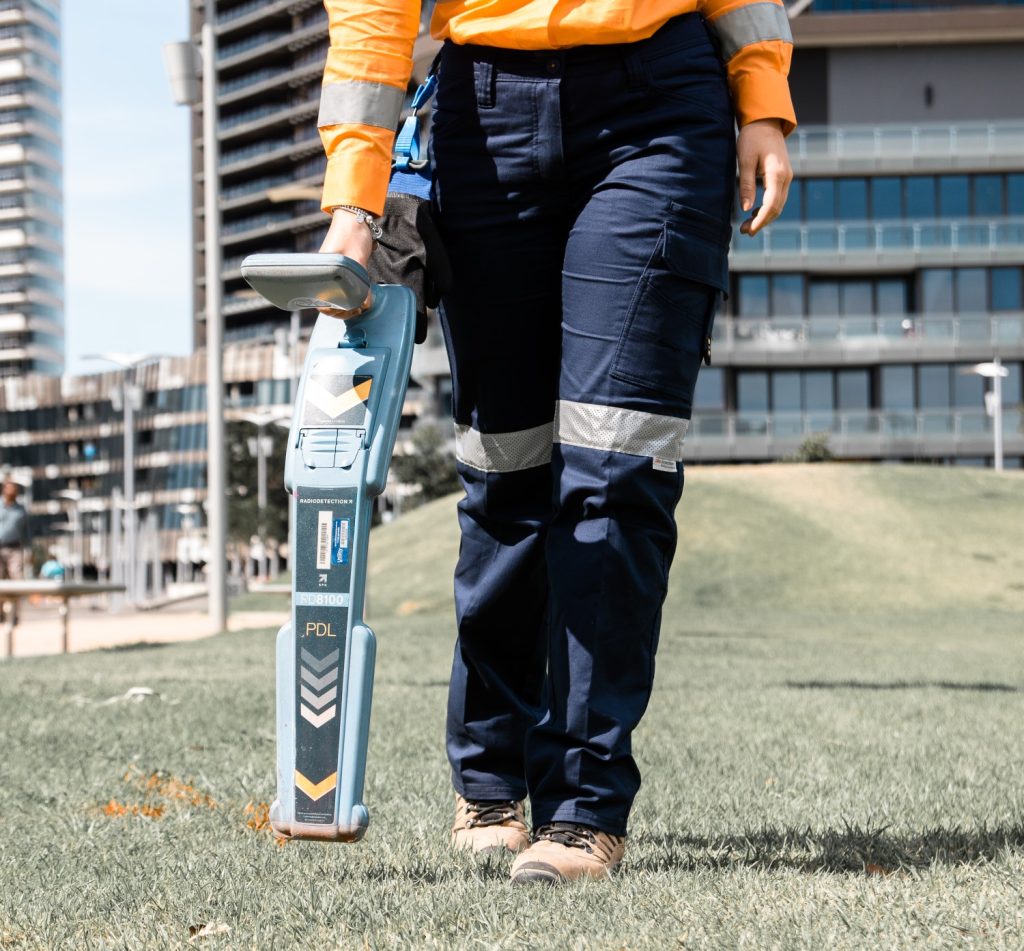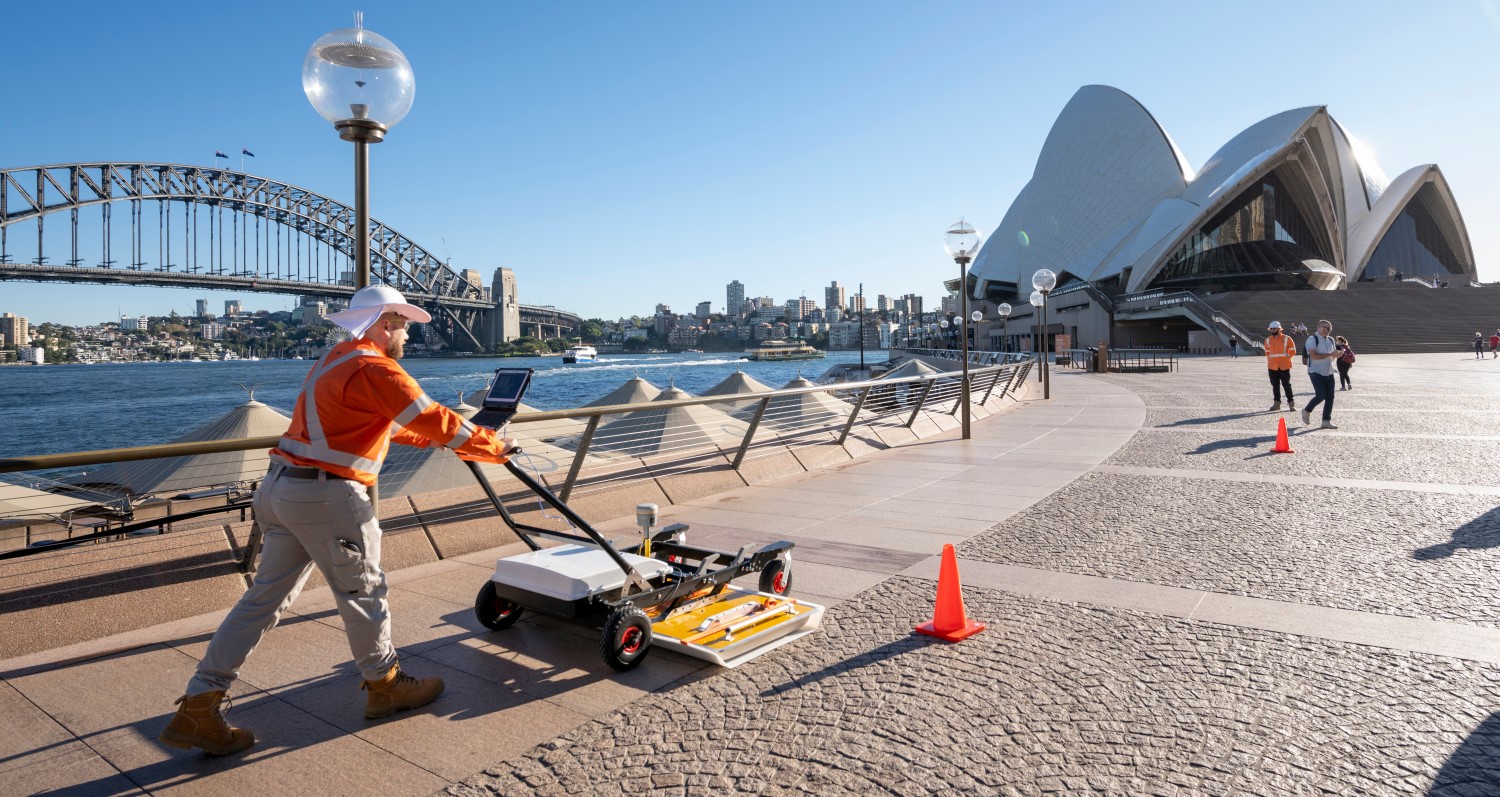
Do you Need a Utility Locator?
- By: Rick Maher
- Information
DO YOU NEED A UTILITY LOCATOR?
When embarking on a project that involves digging, ensuring safety and project efficiency is extremely important. One particularly crucial step that is often overlooked is understanding what is below the surface. Underground utilities are plenty and they can often be missing from plans of the area – so while services such as Before You Dig Australia (BYDA) are essential, they can be incomplete or not 100% accurate. This is where professional utility locators come into play. Throughout this article, we will explore the importance of utility locators and why you need to hire one.
SAFETY

The number one reason why you need to hire a utility locator is safety. A utility strike can have devastating consequences for workers, the wider public and the project. In 2018, an excavator on the Sydney Metro Rail Project struck a gas main shutting down a large section of the Sydney CBD for 15 hours and forcing the job site to be evacuated.
Thankfully, no one was injured. Unfortunately, a similar situation in the USA was not as lucky. In 1998, a crew installing a utility pole support anchor struck a gas pipeline which resulted in an explosion that tragically killed 4 people and injured 11 others. While safety is the biggest contributing factor to ensuring you involve a utility locator in your next project, there are other significant benefits, such as saving money.

AVOIDING COSTLY DAMAGES
While paying for another service may seem counter-productive to saving money, each year, underground infrastructure damage costs the global construction industry more than $150 billion. In Australia alone, there are approximately 2400 utility strikes per year, meaning this is not an isolated issue. The costs related to utility strikes can vary greatly and include direct repair costs, fines from service disruptions, and even legal costs. Not to mention any costs associated with project delays.
One example of the severe impact a utility strike can have occurred when Tasmania was effectively isolated from the rest of the world due to a major telecommunications line being severed by a large drill. Flights were delayed, banks and ATMs were shut down, and businesses lost access to EFTPOS services. People were also cut off from phones and the internet. This created significant chaos during the five-hour period it took to restore services.
PROJECT EFFICIENCY
When dealing with large construction projects, inaccurate or incomplete information can hinder the efficiency of the project and result in costly delays. The earlier a utility locator is consulted on a project, the more time and money can be saved down the road. If during the planning stage an unknown utility is discovered in your area of works, the issue can be resolved through planning. However, if something is damaged during construction, the cost and delays can be major.

Recently, a construction worker in Brisbane struck an underground power cable, leading to a significant power outage affecting local businesses and residences. The incident resulted in a widespread power disruption for several hours, and traffic delays for days. This is not an uncommon occurrence either. In the last 12 months alone, some of the projects that have experienced delays from utility strikes are the Brisbane Cross River Rail Project, Perth Public Transport Upgrade, and countless smaller construction projects throughout Australia.

Hiring a utility locator is not just good practice, it is a critical step in ensuring the safety, efficiency, and success of your project. Taking the time to locate underground utilities can save you time, money and prevent potentially disastrous consequences. Before you start digging, ask yourself: Do you need a utility locator? The answer is likely yes.

